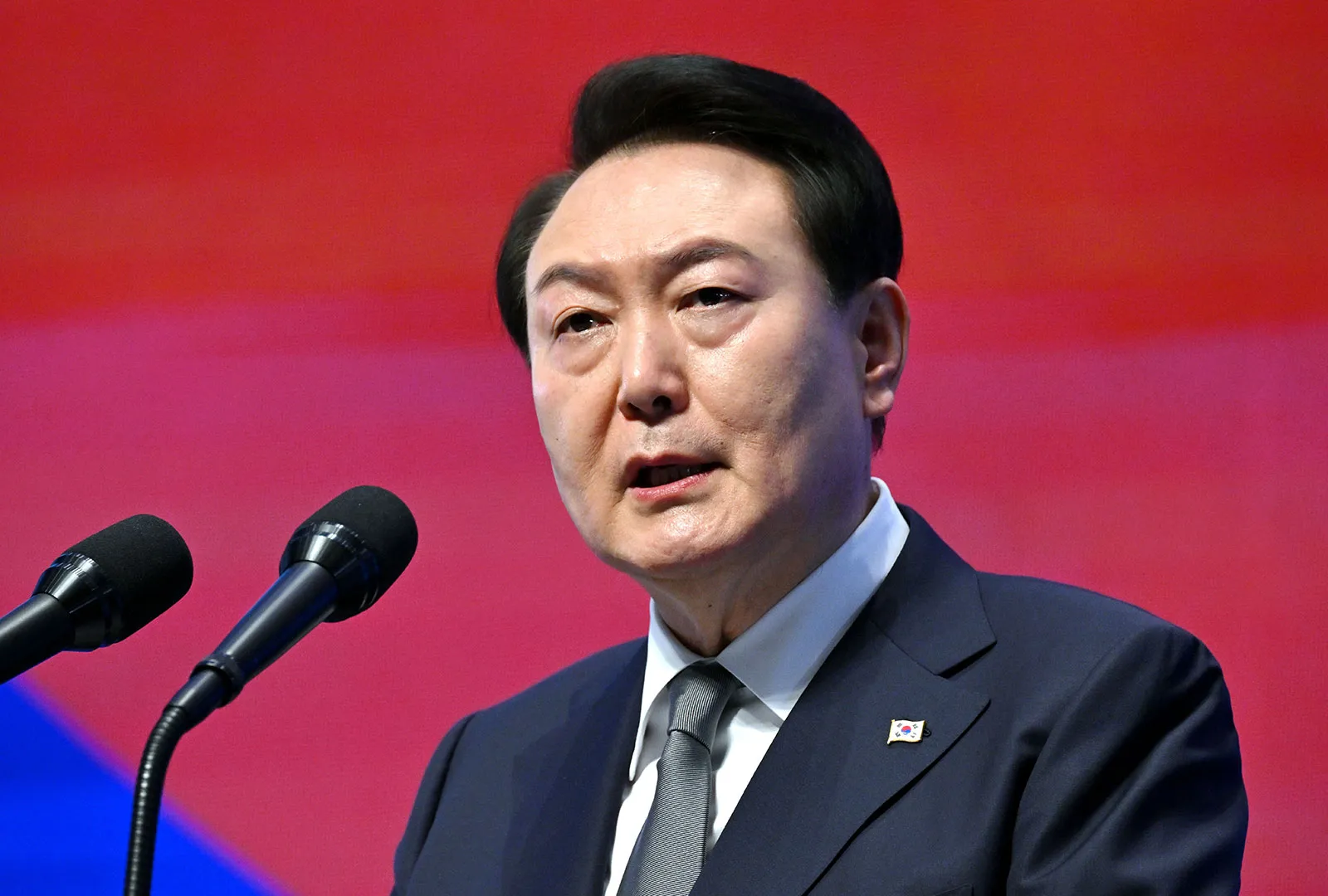In an unprecedented move since the nation’s democratization in 1987, South Korean President Yoon Suk Yeol declared martial law on December 3, 2024, citing threats from pro-North Korean elements and accusing the opposition Democratic Party of engaging in “anti-state” activities. This decision has ignited significant controversy and raised concerns about the state of democracy in South Korea.
President Yoon’s Announcement
In a late-night televised address, President Yoon stated that the imposition of martial law was essential to safeguard the country’s constitutional order from internal threats. He accused the opposition of paralyzing governmental functions and compromising national security by rejecting budget proposals and impeaching top prosecutors. Yoon emphasized the necessity of eliminating “anti-state elements” to protect the nation from North Korean communist forces.
Immediate Implications
The declaration of martial law grants the military extensive powers, including the suspension of parliamentary activities, restrictions on political gatherings, and control over media outlets. Medical personnel have been ordered to return to work within 48 hours, with warnings of arrests without warrants for non-compliance. Security forces have restricted access to the National Assembly building, leading to clashes between police and protesters.
Opposition Response
The opposition Democratic Party, holding a majority in the National Assembly, convened an emergency meeting to challenge the martial law declaration. Party leader Lee Jae-myung criticized President Yoon’s actions as illegal and unconstitutional, urging citizens to defend democracy. He expressed concerns about potential arrests of parliament members and called for public resistance against the imposition of martial law.
Economic Impact
The political instability has adversely affected South Korea’s financial markets. The South Korean won fell to its lowest value in over two years, and stocks of major South Korean companies listed abroad experienced significant declines. The iShares MSCI South Korea ETF dropped by 5%, reflecting investor apprehension about the country’s political climate.
Historical Context
This marks the first declaration of martial law in South Korea since 1979, during Chun Doo-hwan’s military dictatorship. The move has evoked memories of past authoritarian rule, prompting fears of a regression in democratic governance. The National Assembly holds the authority to annul martial law by a majority vote, setting the stage for a potential legislative challenge to President Yoon’s decision.
International Reactions
Global observers have expressed concern over the developments in South Korea. The United Nations and various human rights organizations have called for restraint and urged the South Korean government to uphold democratic principles. Allies of South Korea are closely monitoring the situation, emphasizing the importance of maintaining stability in the region.
Future Outlook
As tensions escalate, the path forward remains uncertain. The opposition’s efforts to counter the martial law declaration, coupled with public protests, indicate a contentious political environment. The international community continues to watch closely, hoping for a resolution that preserves democratic institutions and ensures the protection of civil liberties in South Korea.
Sources:

